Get Inspired
Finding Hope Living with Suspected CTE
I’ve played ice hockey for almost three decades and can’t count the number of hits I received. Since stopping, I’ve struggled with anger, paranoia, and memory loss. Based on my history of head impacts and symptoms, I believe I have Chronic Traumatic Encephalopathy (CTE). I say believe because the disease can only be diagnosed definitively after death. Though life can be difficult, I want everyone out there to know they are not alone. I wrote this story to share my challenges, my experiences, and my hopes to inspire others.
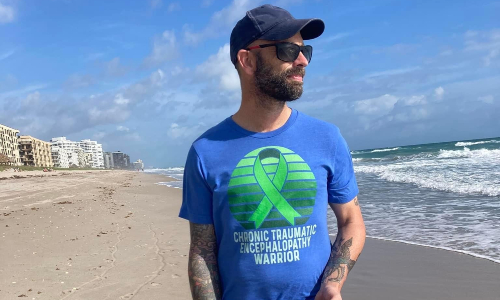
By Chris Boyce
My name is Chris Boyce. I am 45 years old, and I want to share my story with you.
Growing up in Brewster, New York, I spent my time as a kid being active. I loved fishing, water skiing, dirt biking, and roller blading. When I was 12, my friend asked me if I wanted to play hockey. Thinking nothing of it, I said sure and agreed to join his team. The first year, I played as a right winger and loved it. Though I don’t know the exact number, I’m pretty sure I had a few concussions.
The following spring, the team needed a goalie and coach asked if I wanted to play. I jumped at the chance and don’t even remember how the game turned out. But I immediately fell in love with the position and played goalie ever since.
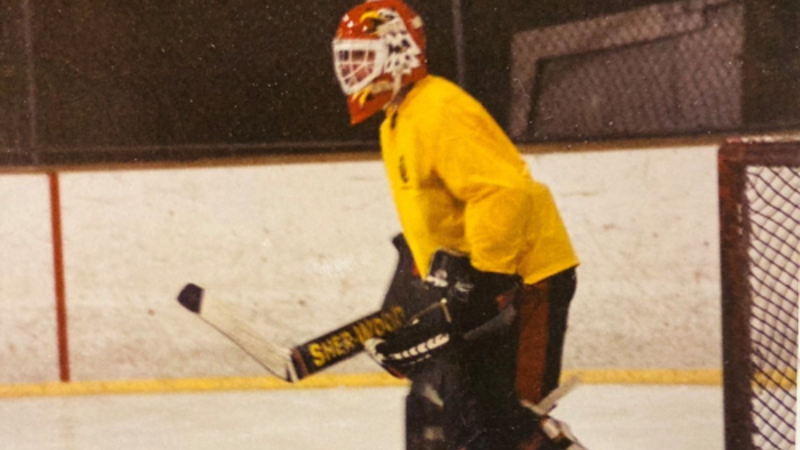
Now you might think goaltender is a relatively safe position but it’s quite the opposite. When kids are instructed to crash the net, the goalie usually ends up getting the brunt of a hit. I can’t tell you how many times I’d get hit, lay on the ice, and not want to get back up. During those times, no one mentioned concussions and we were taught to play through our pain, to not let the team down. So even with all the pain and dizziness in my head, I played on.
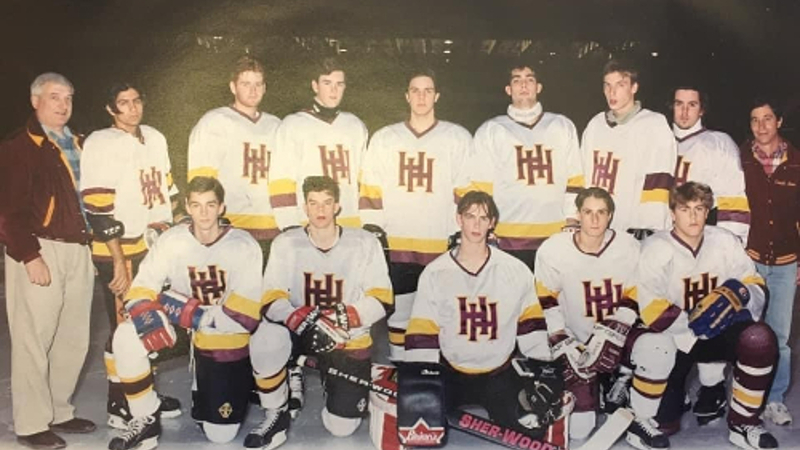
Throughout this period, I visited the chiropractor about once a week. All I heard back then was I had whiplash; not once was I told I had a concussion. But between getting hit by other players and my aggressiveness as a goalie, I realize I had too many to even count. I never thought anything of it because I didn’t really show symptoms except for a few headaches and anger. Now, I see my anger probably stemmed from all those hits.
Altogether, I would end up playing hockey for a total of 28 years. Two games stand out to me – the first took place in 2007, one week before my first daughter was born. I played forward in a non-checking league and in this game, I was involved in a huge head-on-head collision. The pain was immediate and extended from my head all the way to my spine. Yet somehow, I kept playing.
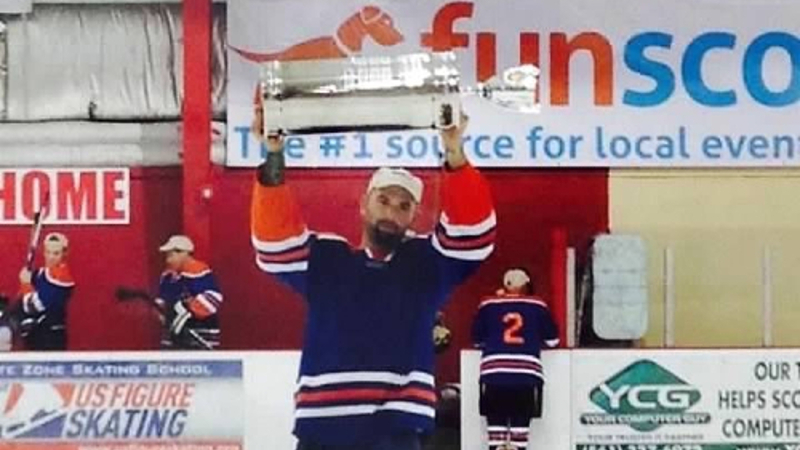
In the next game a few days later, a shoulder-on-shoulder hit caused the same pain to come rushing back. But this time felt different for some reason and was unlike anything I had felt before. I got off the ice and went to the hospital. Doctors there told me I had a concussion. It was the first time in my life anyone had ever told me I had experienced a concussion. Waking up the next day, I remember opening my eyes and having screaming tinnitus in my ears which to this day, has not gone away. I didn’t feel like myself, like I wasn’t me anymore.
For months, I struggled with numbness in the back of my head. I was also dizzy, sensitive to light, and angry all the time. I would go all over making appointments with doctors and trying to find answers, but no one could help. I even went as far as Buffalo to see a leading concussion specialist in the country. After looking at an MRI, the specialist said nothing was evident but considering my history and symptoms, I most likely had Post-Concussion Syndrome (PCS) and even worse, possible brain damage. They had no way to help me except for medication. As I went from doctor to doctor, I was unable to get any other answers on how to get better.
As the years went on, the symptoms and my struggles continued to get worse. In 2009, I met with neurologist Dr. Delvis Celdran in Port St. Lucie, Florida who ordered an MRI with DTI (diffusion tensor imaging). The results came back, and I finally got my answer: my brain had an axonal shear injury with two micro hemorrhages and white matter loss. My assumption there was damage to my brain now came with proof.
After I found out what I was dealing with, I kept on working my job with a cable company until 2016 when my symptoms became too unbearable. Since quitting, I have been unable to work. My issues include sensitivity to light and sound, paranoia, anger, suicidal thoughts, short-term memory loss, apathy, and insomnia. It’s difficult for me to go into stores anymore because of all the stimulation. Even going to a doctor’s appointment is a challenge.
There is no way to know definitively but based on my decades of head impacts and the symptoms I have; I believe I live with CTE. I recognized the need for those struggling with brain injuries to connect with others to share information and get the support they need, so four years ago, I decided to start a group on Facebook called “CTE & Brain Injury Global Support.” My goal with the group is to spread awareness around CTE and contact sports so people can recognize the risks of repetitive head trauma over time, and to let others know they are not alone. By sharing stories of our daily struggles and what works and what doesn’t, we inspire each other to keep moving forward. In the meantime, I am doing what I can until a test is available to diagnose CTE in living people.
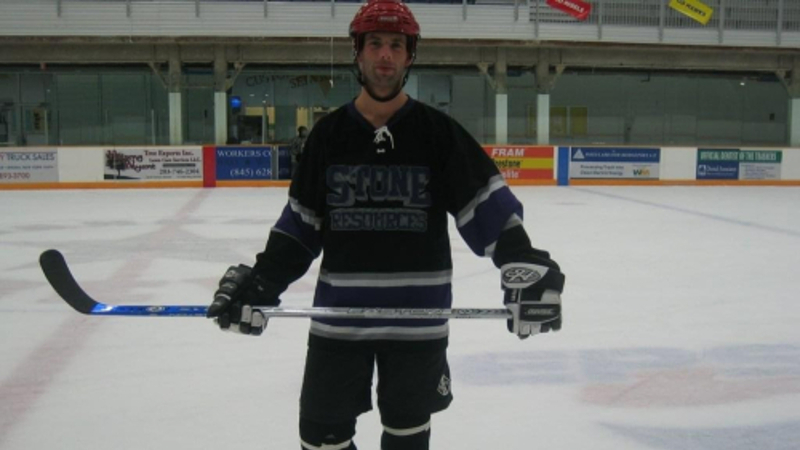
These days, I am immensely thankful for the support of my amazing wife, Bangonrat, two beautiful daughters, Nittiya (14) and Pailynn (11), and my two faithful Australian Labradoodles, Paayu and Telay. They all help me through my struggles and are a source of light during the difficult times. My wife is an angel – she helps keep me from getting upset or too stressed. I imagine it takes a lot of patience to deal with someone like me, but she is really a special person. When I asked her for her advice for other CTE caregivers she said, “Listen to and believe what he says. Be supportive and let him know that you are always there for him. Be gentle.”
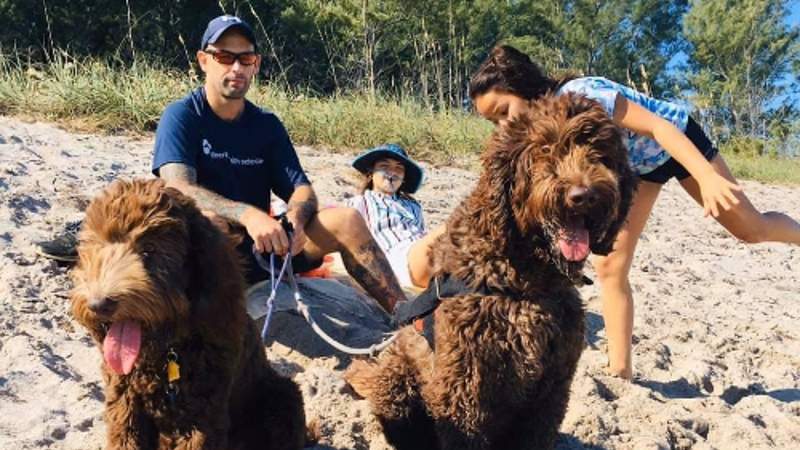
Though my daughters are still young, they support me simply by listening when I explain what I am going through, and by giving me space when I need it. And because I require a lot of rest during the day, my dogs keep me company so I’m not alone.
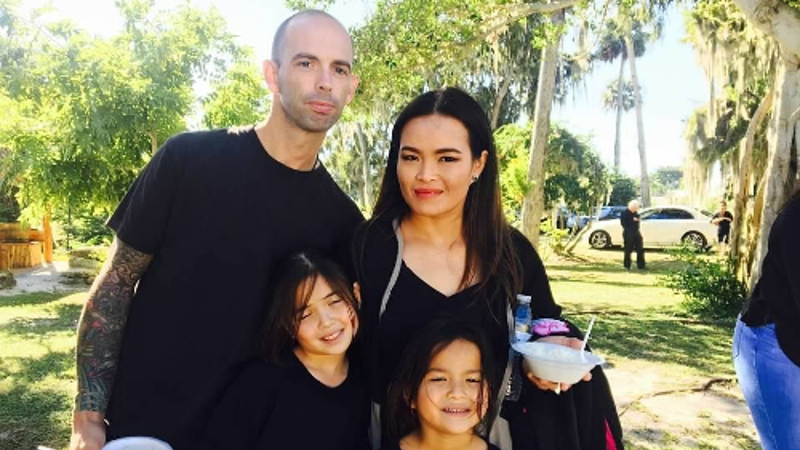
Understanding your limits is crucial. I know being outside for too long can lead to my symptoms worsening so I have to be careful and deliberate in what I can do. It’s a challenge with children, as both of my girls are active swimmers. I can take them to swim practice and meets but have to stay in the car and wait until they finish. Though I want to watch them, the sensory overload is too much.
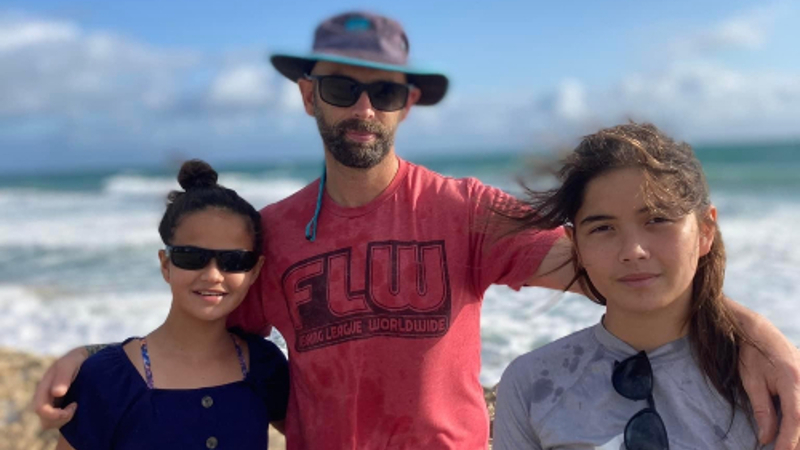
We go outside as much as we can and love going to the beach if the weather permits. I’ve taken up collecting rocks while I’m there – it keeps my mind at bay and gives me something to do while outside. I’ve realized it’s incredibly important to find ways to escape from the craziness of everything going on in the world and being out in nature is one of the ways I can do so. I also enjoy spending time in my garage DJing. Focusing on making music keeps me busy so my symptoms don’t get out of control.
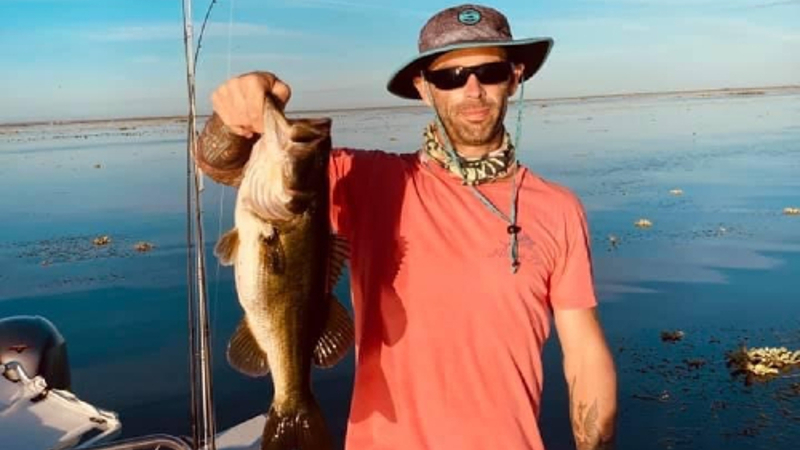
My message to fellow CTE warriors out there struggling is this: you are not alone! Be your own advocate because only you know if something is not right. Keep searching until you get answers and don’t be discouraged if doctors say they can’t help you. New treatments and new tests are being developed; we just have to be patient. There may be times when life is difficult and sometimes even feel impossible, but you can push through each and every day. You have to believe in the word HOPE – it’s what ultimately keeps me going.
You May Also Like
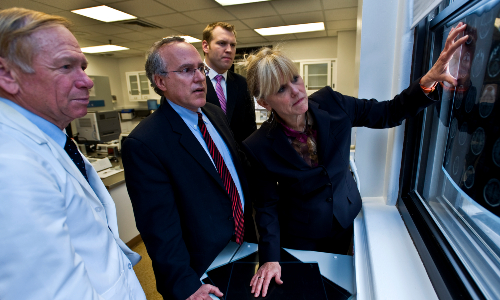
Although we cannot yet accurately diagnose CTE in living people, a specialist can help treat the symptoms presenting the most challenges.
CTE Treatments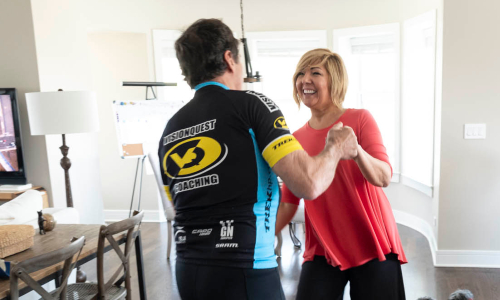
Those struggling with suspected CTE are not the only ones who need support. View tools and resources for CTE caregivers.
Caregiving for CTE